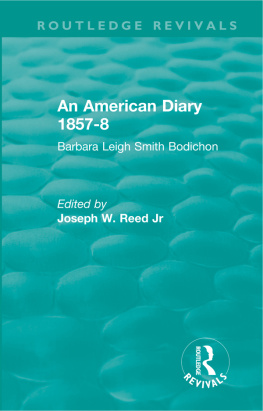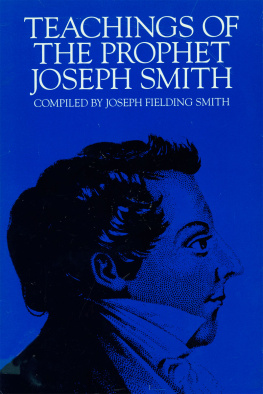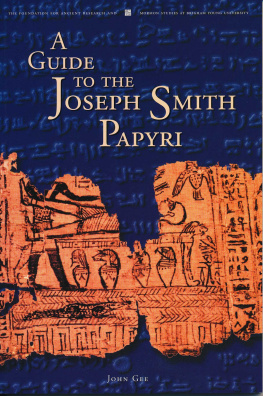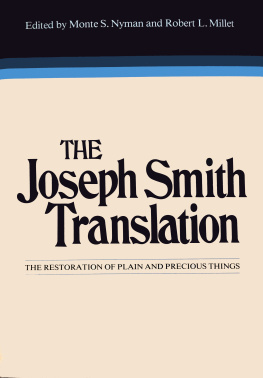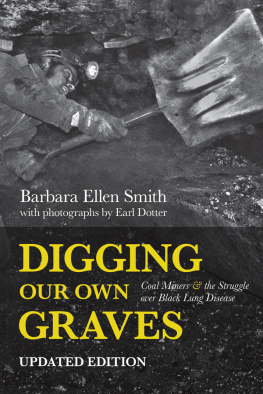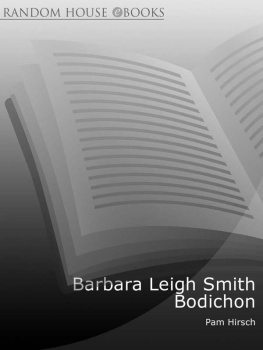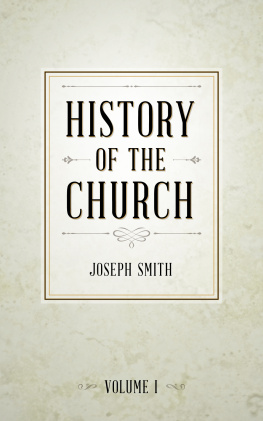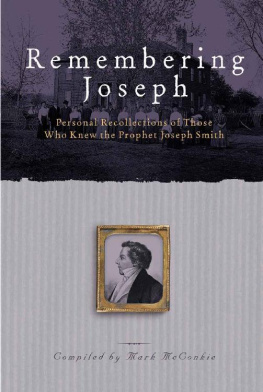Routledge Revivals
An American Diary 1857-8
I am one of the cracked people of the world, Barbara Leigh Smith Bodichon wrote of herself, and I like to herd with the cracked ... queer Americans, democrats, socialists, artists, poor devils or angels; and am never happy in an English genteel family life. I try to do it like other people, but I long always to be off on some wild adventure. Reformer, feminist, free-thinker, later to endow the founding of Girton College, Barbara Bodichon went to the United States on a marriage journey. First published in 1972, her journal of that trip, published in its original form for the first time, contains timely observation and incisive criticism of the American South before the Civil War, and gives a vivid portrait of a lively woman of her times, the friend of George Eliot and other leading figures of her age.
This edition includes a fascinating introduction about the English visitor in the United States, from Dickens to Trollope. There is also a biographical study of Barbara Bodichon herself, giving an account of her life and of the causes, notably Womens Rights, to which she devoted her time and energy.
An American Diary 1857-8
Barbara Leigh Smith Bodichon
Edited from the manuscript by
Joseph W. Reed Jr
First published in 1972
by Routledge & Kegan Paul Ltd
This edition first published in 2019 by Routledge
2 Park Square, Milton Park, Abingdon, Oxon OX14 4RN
and by Routledge
52 Vanderbilt Avenue, New York, NY 10017
Routledge is an imprint of the Taylor & Francis Group, an informa business
1972 Joseph W. Reed
All rights reserved. No part of this book may be reprinted or reproduced or utilised in any form or by any electronic, mechanical, or other means, now known or hereafter invented, including photocopying and recording, or in any information storage or retrieval system, without permission in writing from the publishers.
Publishers Note
The publisher has gone to great lengths to ensure the quality of this reprint but points out that some imperfections in the original copies may be apparent.
Disclaimer
The publisher has made every effort to trace copyright holders and welcomes correspondence from those they have been unable to contact.
A Library of Congress record exists under ISBN: 0710073305
ISBN: 978-0-367-13855-4 (hbk)
ISBN: 978-0-429-02894-6 (ebk)
BARBARA LEIGH SMITH BODICHON
AN AMERICAN DIARY 1857-8
EDITED FROM THE MANUSCRIPT BY
JOSEPH W. REED Jr
First published 1972
by Routledge and Kegan Paul Ltd
Broadway House,
68-74 Carter Lane,
London, EC 4V 5EL
Joseph W. Reed 1972
No part of this book may be reproduced in
any form without the permission from the
publisher, except for the quotation of
brief passages in criticism
ISBN 0 7100 7330 5
ILLUSTRATIONS
PLATE I
Barbara Leigh Smith Bodichon (by courtesy of Girton College, Cambridge) facing p. 38
PLATE II
Eugne Bodichon (from a photograph in the possession of Valentine Leigh Smith) facing p. 114

The text of the journal is a series of about sixty letters to various correspondents, comprising seventy-three leaves of various sizes. The manuscript was acquired by the Yale University Library in 1954 by purchase from Library Associates Funds, and is published here by its permission and the kind consent of the widow of Philip Leigh Smith, Madame Bodichons nephew and legal heir. The Beinecke also granted permission to publish passages from the Chapman-Bodichon letters in the Introduction. Ellen Gates DOench has prepared the index. My thanks are due to Robert F. Lucid, for his knowledge of Boston in the fifties; to Mrs John F. Lyle and Miss Lenore Jones of the Historic Mobile Preservation Society; to Laura D. S. Harrell of the Mississippi Department of Archives and History in Jackson; to Miss Grace Bacon, Mrs Janette Boothby, Miss Sylvia Joan Jurale and Sister M. Ian, S.S.N.D., of the Wesleyan libraries; to Miss Marjorie Wynne of the Beinecke; to Mrs Anne Fremantle and Hilary Rubinstein; to my colleagues George R. Creeger and Jeffrey E. Butler; and to John Peyton Crigler, Wesleyan 1969, David Ouimette, 1970, John E. Thurner, 1972, Stephen J. Voorhies, 1971 and Jeffrey Wohkittel, 1969, research assistants. Work on this book was assisted by Wesleyan faculty research grants and by the Work-Study Program of the Office of Economic Opportunity which supported a portion of the research assistance.
Middletown, Connecticut

We know that there is a vast continent across the Atlantic, first discovered by a Genoese sailing under the Spanish flag, and that for many years past it has swallowed up thousands of the hardiest of our population. Although our feelings are not particularly fraternal, we give the people ... the national cognomen of Brother Jonathan, while we name individuals Yankees. We know that they are famous for smoking, spitting, gouging, and bowie-knives for monster hotels, steamboat explosions, railway collisions, and repudiated debts. It is believed also that this nation is renowned for keeping three millions of Africans in slavery for wooden nutmegs, paper money, and fillibuster expeditions ... I went to the States with that amount of prejudice which seems the birthright of every English person, but I found that... these prejudices gradually melted away. I found much which is worthy of commendation, even of imitation : that there is much which is very reprehensible, is not to be wondered at in a country which for years has been made ... a refuge for those who have left their country for their countrys good a receptacle for the barbarous, the degraded, and the vicious of all other nations (Bishop, 2-3).
The professional English visitor to the States in the 1840s and 1850s came with hopes and expectations mixed: either he expected a visit to the Dark Continent and certain savage tribes and hoped for a trip to Utopia, or vice versa. On the one hand his American cousins had moved physically farther from civilization, but on the other hand the move had given them the advantage of a fresh start on society. The city mice had to divide their time between sneering at and envying the country mice. England at mid-century, in the midst of reform and free-trade agitation, expansion in India and adventure in the Crimea, made America look to some Englishmen like the simplicity of the Golden Age. The eighteenth centurys curiosity about the expanding world which had made exotic travel accounts of far-off Pacific and Asian ventures so appealing had given way in the nineteenth century to doubts and misgivings about the right workings of the orderly, civilized societies at home. The old travellers among the savages offered encouragement to England by contrast; mid-century travel in the States aimed more at improvement by comparison. Perhaps there were clues here for the repair of an overcomplicated societal system.








